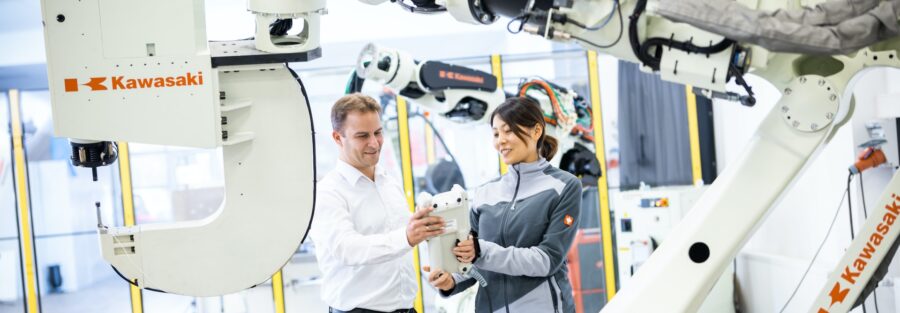In recent years, the introduction of Industry 4.0 has brought about a significant revolution in mechanical manufacturing. As advanced technologies continue to emerge and evolve, the mechanical manufacturing landscape is undergoing a transformative change that is reshaping the way products are designed, produced, and delivered. This article explores the rise of Industry 4.0 and how it is revolutionizing mechanical manufacturing, as well as the importance of embracing advanced technologies to stay ahead in this ever-changing industry.
The Rise of Industry 4.0: Revolutionizing Mechanical Manufacturing
Industry 4.0, also known as the fourth industrial revolution, refers to the integration of advanced technologies and digital systems into the manufacturing process. It involves the use of cyber-physical systems, the Internet of Things (IoT), artificial intelligence (AI), and big data analytics to create smart factories and streamline production. This revolution has had a profound impact on mechanical manufacturing, enabling companies to achieve higher levels of automation, efficiency, and productivity.
One of the key aspects of Industry 4.0 is the concept of interconnectedness. Machines and devices are now connected through the IoT, allowing for seamless communication and data exchange. This connectivity enables real-time monitoring of production processes, predictive maintenance, and the collection of vast amounts of data. With the help of AI and big data analytics, manufacturers can analyze this data to gain valuable insights, optimize operations, and make informed decisions. This level of connectivity and data-driven decision-making has revolutionized mechanical manufacturing, leading to increased productivity, reduced downtime, and improved product quality.
Embracing Advanced Technologies: Transforming the Mechanical Manufacturing Landscape
To fully harness the potential of Industry 4.0, mechanical manufacturing companies must embrace advanced technologies and adapt to the changing landscape. This involves investing in the right equipment, software, and infrastructure to enable connectivity and automation. Automated robotic systems can take over repetitive and labor-intensive tasks, allowing human workers to focus on more complex and strategic activities. Additionally, the use of AI and machine learning algorithms can optimize production processes, improve efficiency, and reduce costs.
Adopting advanced technologies also requires upskilling the workforce. As the industry becomes more digitized, it is crucial for mechanical manufacturing professionals to acquire new skills related to data analysis, programming, and automation. Companies can provide training programs and workshops to ensure that their employees have the necessary knowledge and expertise to leverage the benefits of Industry 4.0. This upskilling not only enhances productivity but also empowers workers to adapt to the evolving demands of the industry.
The impact of Industry 4.0 on mechanical manufacturing is undeniable. With the integration of advanced technologies, mechanical manufacturing companies are experiencing a revolution that is transforming their operations and redefining their capabilities. Embracing the opportunities offered by this fourth industrial revolution is vital for companies to stay competitive in a rapidly changing market. By harnessing the power of interconnectedness, automation, and data-driven decision-making, manufacturers can unlock new levels of efficiency, productivity, and innovation. As the journey towards Industry 4.0 continues, mechanical manufacturing will continue to evolve, paving the way for a future of smart factories and unparalleled technological advancements.



